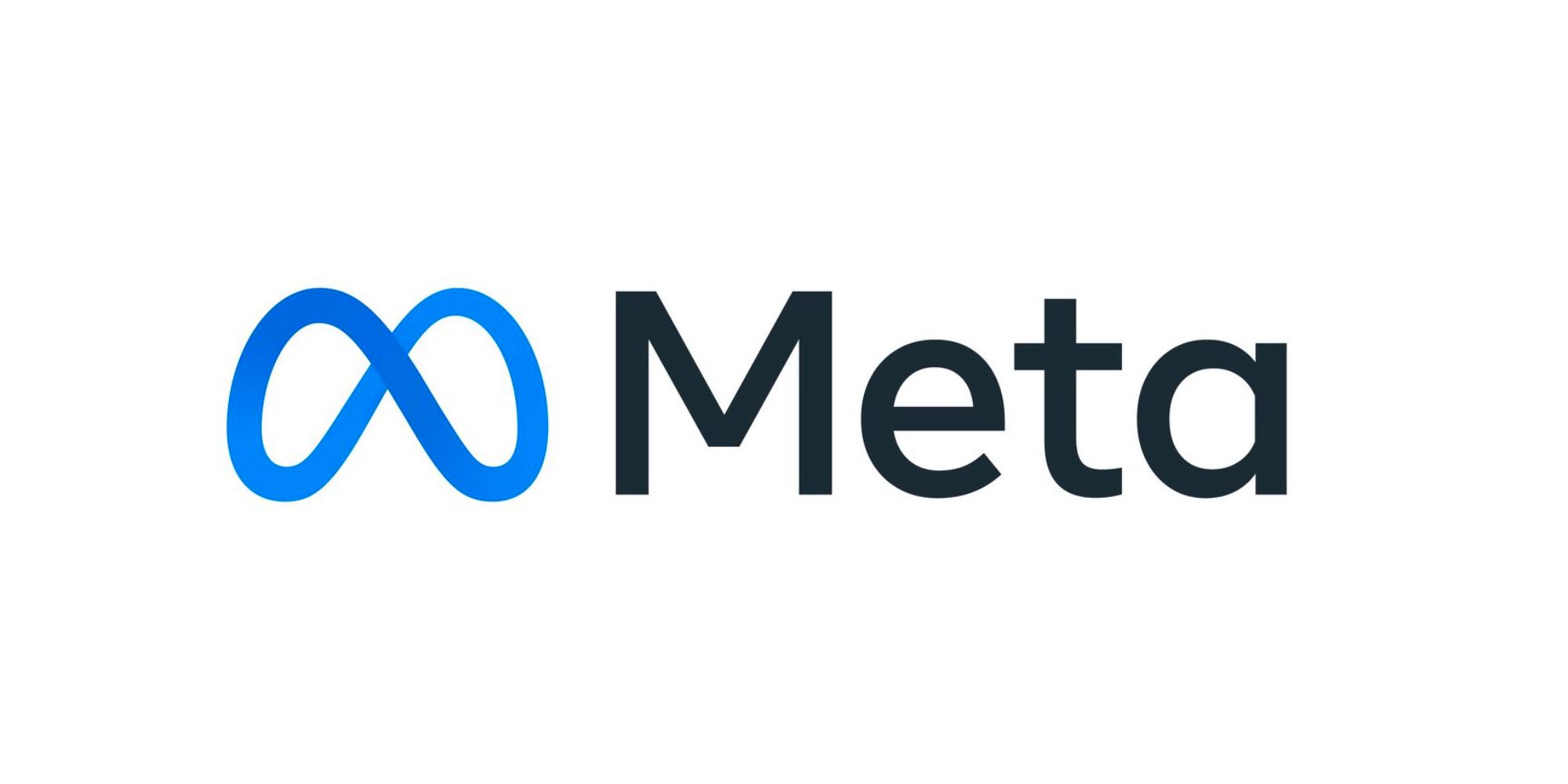Meta chief Zuckerberg creates AI unit for Facebook, Instagram and WhatsApp

Meta CEO Mark Zuckerberg is merging several teams into a new AI division. The goal is to develop generative AI models for Facebook, Instagram, and WhatsApp.
Next to Google, Meta is probably the most established big tech company in the field of AI. Initially, Facebook developed algorithms for social media like content distribution, content moderation and translation. With the focus on VR and AR, AI is moving to the center of Metaverse strategy, including content creation.
Meta CEO Mark Zuckerberg has now announced in a Facebook post that the company is putting together a "top-level product group" for generative AI. Last summer, Meta integrated AI research into its Metaverse division, Reality Labs.
Meta brings AI teams together to form a new supergroup
For the new group, Zuckberg is bringing together several existing teams from across the company. This group will then develop AI tools for products like WhatsApp, Facebook Messenger, and Instagram across text, image, and video.
"In the short term, we'll focus on building creative and expressive tools," Zuckerberg wrote on Facebook. In the longer term, he said, the company plans to develop "AI personas." This is reminiscent of offerings like Replika or the recently launched ChatGPT-based AI chat on Snapchat.
New department bridges the gap between research and practice
In the recent past, Meta has published some interesting projects in the field of generative AI models. However, many of them have not yet been used in a commercial context with direct user interaction, and not all of them have been a complete success.
The scientific language model Galactica, for example, had to be taken offline by Meta after a short time because it was heavily criticized by parts of the scientific community due to invented facts and citations.
Meta has also demonstrated and partially published large AI language models such as OPT and more recently LLaMA, and has done research in fundamental areas such as learning algorithms, audio compression, and speech synthesis.
Facebook CEO Mark Zuckerberg described the goal of overcoming all language barriers through universal AI translation - which would be especially important in virtual worlds - as "humanity's dream," which Meta is working on. Hypereel is a way to generate walkable 3D videos from traditional video in VR and AR in a memory-efficient way.
In generative AI, Meta's "Make-a-Video" impressed with its ability to create short animations and, later, 3D scenes. Last summer, Meta introduced "Make-A-Scene," a generative image AI that can create high-quality graphics from simple drawings. The Blenderbot is a chatbot project by Meta that has been running for years, but in the pre-ChatGPT era it attracted less interest - despite fact-checking via the Internet.
However, these research projects have not yet managed to turn into commercial products with millions of users, as is the case with ChatGPT, Midjourney or DALL-E 2. The goal of the new group should be to bridge exactly this gap from research to products.
AI outperforms the metaverse on the stock market
Zuckerberg, who has laid off more than 10,000 employees recently and is likely planning more layoffs, has also repeatedly emphasized the focus on AI to investors, the New York Times reports. Among other things, he called AI "the foundation of our discovery engine and our ads business."
It's unclear when Meta's AI products will be tested or even incorporated into products. "We have a lot of foundational work to do before getting to the really futuristic experiences, but I'm excited about all of the new things we'll build along the way," Zuckerberg wrote.
AI News Without the Hype – Curated by Humans
As a THE DECODER subscriber, you get ad-free reading, our weekly AI newsletter, the exclusive "AI Radar" Frontier Report 6× per year, access to comments, and our complete archive.
Subscribe nowAI news without the hype
Curated by humans.
- Over 20 percent launch discount.
- Read without distractions – no Google ads.
- Access to comments and community discussions.
- Weekly AI newsletter.
- 6 times a year: “AI Radar” – deep dives on key AI topics.
- Up to 25 % off on KI Pro online events.
- Access to our full ten-year archive.
- Get the latest AI news from The Decoder.